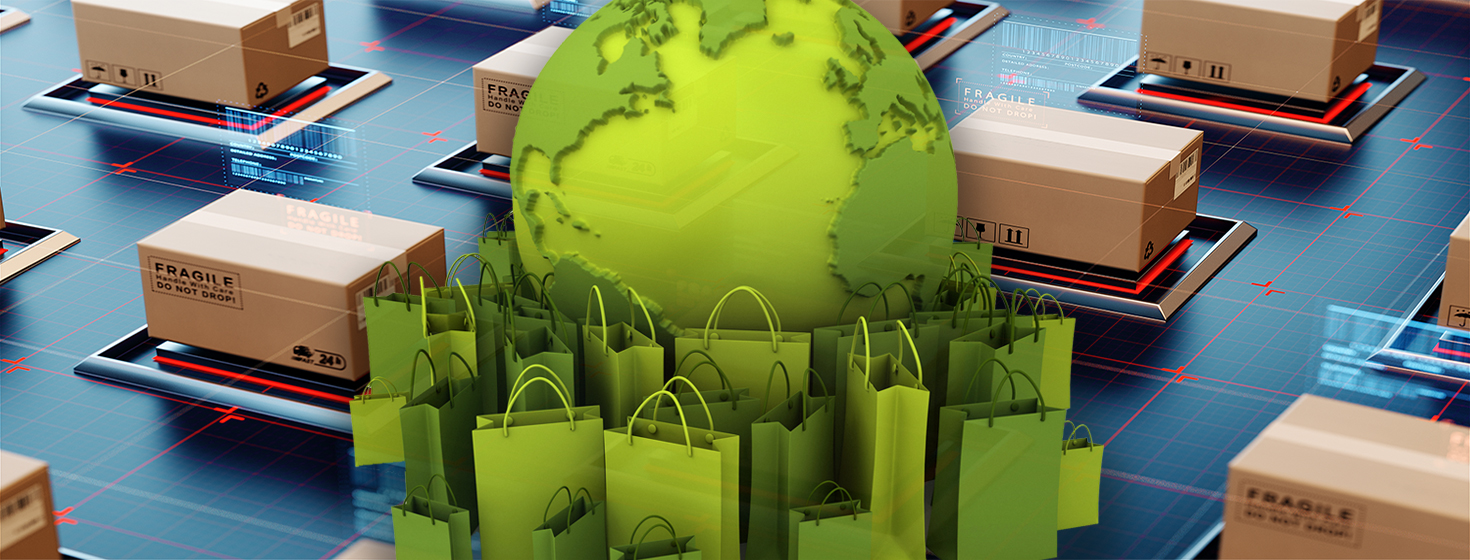World’s Largest Mining Company to Use Blockchain for Supply Chain Management

The world's largest mining firm by market value intends to begin using the ethereum blockchain to improve its supply chain processes.
BHP Billiton to use Blockchain
BHP Billiton revealed at the second annual Global Blockchain Summit that it will use blockchain to record movements of wellbore rock and fluid samples and better secure the real-time data that is generated during delivery.
According to BHP geophysicist R Tyler Smith, the new system will enable benefits for its internal efficiency while allowing it to work more effectively with partners.
Smith explained that BHP relies on vendors at nearly every stage in the mining process, contracting with geologists and shipping companies to collect samples and conduct analyses that drive business decisions that occur with parties distributed across continents.
“With blockchain, we would share data between the vendor and ourselves and have a constant understanding of where it is,” Smith told CoinDesk, adding:
“Everything right now is being tracked through spreadsheets.”
Smith explained that, with the help of a solution developed by blockchain startups BlockApps and Consensys, BHP intends to begin requiring that its vendors use the technology to collect live data this year.
While introducing new technology to an existing operation may seem risky, Smith said he's confident in the user experience the app will provide.
“The web application is designed for the vendor. The vendor will see a dashboard and options on what to do that is very streamlined to their job,” Smith said.
More broadly, Smith noted that the UK and Australia-based mining firm is distributed globally and that because of this, he foresees more ways that its internal entities could use blockchain for more enhanced data sharing.
In addition, working with ethereum, BHP is also running its own nodes on the InterPlanetary File System (IPFS), a peer-to-peer file sharing protocol that is increasingly being used in conjunction with blockchain systems.
Smith added: “We are looking at lots of different use cases.”
As ranked by ‘Big Four’ accounting firm PwC in June of this year, BHP Billiton was the largest mining firm by market capitalization for 2015 and 2014.
Proving Provenance
Far from using blockchain as a form of currency, BHP’s solution envisions how its existing processes could be replicated on a blockchain as a way to prove the benefits of the technology.
Smith said that the use case proves blockchain solutions can achieve decentralized file storage, multi-party data acquisition, and immutability, all aspects that he believes will enhance the supply chain.
For example, the location of the well, he said, cannot be edited, but other aspects can be updated with new metadata to reflect relevant information and that data that will also be immediately accessible.
Under the hood, the blockchain won't be moving between addresses, but rather changing its state, updating data fields by logging in with a standard username and password.
While certain elements of the system are the same, he said that overall the platform provides new efficiencies.
“The data is more transparent, we can see where the analysis was provided by a vendor or ask if we need to do more robust analysis,” Smith said.
Moving to Production
The product launch is also a milestone for BlockApps, the blockchain startup that built the BHP solution and that recently closed a pre-Series A funding round that value of which was not disclosed.
Kieren James-Lubin, founder of BlockApps, sees the collaboration with BHP as one that has significance for the broader blockchain space as it is “not about value movement”.
“There are so many financial use cases and this is one of the first instances where we’re using it for a non-financial scenario,” he told CoinDesk.
James-Lubin said that the app also helped his startup learn more about the needs of enterprise institutions, helping it advance and iterate on a user experience that would be accessible to those who are less familiar with its inner-workings.
“The requirements that we’ve surfaced have been a tremendous help to us in feeding back into the platform,” he said, concluding:
“Where the tech needs to go, the direction is increasingly that it is going to come from the enterprise.”
Source: CoinDesk
Related: Driving Supply Chain Sustainability with Blockchain Technology
Running Blockchain Pilots for Your Supply Chain
In 2018, Blockchain was one of the most trending technologies alongside AI.
Blockchain has managed to excite all the stakeholders in the supply chain industry. It is touted to make end-to-end visibility a reality, change B2B communications for good and automate complicated processes using smart contracts. Stakeholders understand the benefits of blockchain, but the biggest question is, how do you get started with it?
The paper “Running Blockchain Pilots for Your Supply Chain - A CIO's Guide” aims to point you towards a first blockchain pilot.
It answers important questions. How exactly is blockchain different from traditional databases and what can blockchain do for us that traditional databases cannot?
The authors take a close look at its features to discuss how they make blockchain a very effective technology when it comes to breaking down information silos, leading to transparency.
Blockchain can also act as the ultimate source of truth when there are multiple organizations participating in transactions.
With its unique features and strengths, blockchain can solve the following problems effectively for the supply chain industry;
- Maintaining one version of the truth across the entire supply chain.
- Empowering organizations to trace and track assets instantly as opposed to days or weeks.
- Making end-to-end visibility possible.
Finally, the paper breaks down the basic components of a blockchain pilot;
- A blockchain network.
- Data extraction tools to extract data from your data resources (ERP databases, EDI files, etc).
- Data standards (ANSI X12, GS1 EPCIS, etc) using which you can send the data to the blockchain. This is necessary for interoperability.
- User interface application that can query the blockchain to display information to the end user.
Running a blockchain pilot will give you perspective on how blockchain will fit in with your use cases, scale, existing technologies, and your team. A newer set of ideas emerge, metrics on efficiency gains can be derived, giving you objectivity. Pilots let you shed obsolete technology and march forward with better-emerging technologies iteratively.
Download the Paper: Running Blockchain Pilots for your Supply Chain
Article Topics
ByteAlly News & Resources
9 Common Mistakes Made In EDI Integrations Blockchain is Vastly Overrated; Supply Chain Cybersecurity is Vastly Underrated Driving Supply Chain Sustainability with Blockchain Running Blockchain Pilots for your Supply Chain World’s Largest Mining Company to Use Blockchain for Supply Chain ManagementLatest in Supply Chain
Biden Gives Samsung $6.4 Billion For Texas Semiconductor Plants Apple Overtaken as World’s Largest Phone Seller Frictionless Videocast: The Importance of Water at the U.S./Mexico Border with Commissioner Maria-Elena Giner, International Boundary and Water Commission Why are Diesel Prices Climbing Back Over $4 a Gallon? Walmart Unleashes Autonomous Lift Trucks at Four High-Tech DCs Plastic Pollution is a Problem Many Companies are Still Ignoring Luxury Car Brands in Limbo After Chinese Company Violates Labor Laws More Supply Chain















